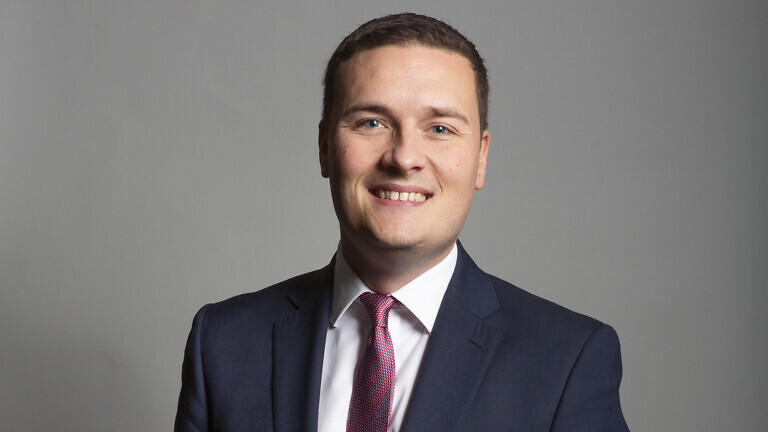Dr Lucy Hanington offers some advice to doctors when discovering their patient is learned in the ways of the law.
When my eldest child was nine months old, she had an outpatient appointment at the local hospital. Someone had stuck a note to the front of her medical records. It read ‘Dad is a lawyer, Mum is a doctor’.
I was horrified – were we ‘nightmare parents’, expected to be difficult due to our professions?
In my clinical practice, although I treat all patients in the same way I do often, despite my best efforts, worry more about consultations with patients who are medics themselves – will my knowledge be found lacking, am I meeting their expectations, is my communication too basic or too detailed?
If a doctor patient reveals their status, it can be helpful to consider why, and I tend to focus more on their specific ideas, concerns and expectations.
I find consultations with patients who are lawyers less unsettling, perhaps because I am one.
However, I have been ‘warned’ before that one of my clinic patients is a lawyer. There is an undercurrent of fear regarding legal matters in the medical community, and the prospect of a legally qualified patient has the potential to induce anxiety and even lead to defensive practise.
So, should we worry when our patient is a lawyer? Despite an extensive internet search, I have been unable to find any concrete data to suggest that lawyers are themselves more litigious, or more likely to complain.
Indeed, anecdotal evidence (combined with my personal experience as a Medicolegal Consultant) indicates that the converse is true. Both solicitors and barristers are regulated professionals, bound by strict codes of conduct.
‘Now that patients are able to access their records with ease, we should all be reviewing the way in which we record information.’
They understand the implications that involvement in a medicolegal process may have for a doctor. They also know how costly and lengthy legal proceedings can be, and that there is no guarantee of a successful outcome.
Most will not have any knowledge of medical issues and will require exactly the same management and clear explanation (with avoidance of medical jargon) as any other patient.
The majority would be dismayed to learn that their status had any impact on their clinician or the consultation. However, they are well-educated individuals who will be used to paying attention to detail and may appreciate a thorough discussion along with a weighing up of the pros and cons of any treatment option – of course,all patients should be offered this, to an appropriate extent.
Lawyers are well-versed in the requirements for confidentiality and record-keeping. Now that patients are able to access their records with ease, we should all be reviewing the way in which we record information.

While we should not fear the legal patient, there are some considerations that could be helpful to bear in mind when consulting with these patients.
Such individuals, much like doctors, work long hours in stressful roles, and need to cope with significant time pressures and ethical challenges.
They are often rather sedentary during the working day, and working hours can be unpredictable. In the top firms, it is expected that weekend and holiday plans will be cancelled at short notice should the need arise.
Legal professionals may therefore find it difficult to attend appointments during working hours. Like doctors, lawyers are more prone to experiencing mental health difficulties and burnout than the general population.
A survey of 2,000 lawyers in the US, published in the Healthcare journal in 2023, reported high levels of stress, with a significant number considering leaving the profession as a result.
Suicidal thoughts were twice as common than in the general population, and loneliness was also found to be a major concern. Screening for mental health difficulties may therefore form an important part of your interaction with the patient.
So if a patient who is a lawyer, is no more likely to take legal action against their doctor, you may be wondering what ‘type’ of patient may be more likely to sue?
A recent survey of more than 6,000 Danish men published in BMJ Open Quality in 2024, suggested that the following factors are relevant: younger age, chronic illness, living in a more rural location, higher healthcare utilisation and, perhaps unsurprisingly, a less agreeable personality.
There are also some patients who seek multiple opinions and who raise concerns against a number of individuals and agencies.
There is little more that can be done to protect yourself in this scenario, beyond documenting everything carefully, seeking a second opinion or the support of a colleague in any interaction, and contacting your medical defence organisation for advice and support where required.
Going back to title of this article, perhaps the key point to make is ‘don’t worry’. Lawyers are human, just like the rest of us. Despite the considerations discussed above, their wants and needs when seeing a doctor are no different to those of the next patient.
Dr Lucy Hanington is a medicolegal consultant at Medical Protection.



